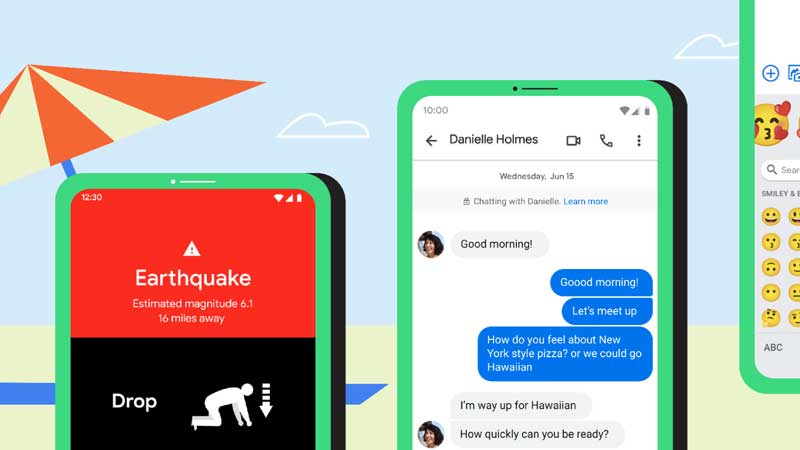 SECURITY
SECURITY
 SECURITY
SECURITY
 SECURITY
SECURITY
Google LLC Tuesday announced new security features for its upcoming Android 14 release that it claims will be a first for any mobile operating system provider.
The features include the ability to disable 2G network access and another one to control access to encryption settings. Both are benefits for cell security, but they require managed cell phone fleets and can be accessed only by corporate information technology security managers. They also rely on the phone handset makers to support these features when they update their Android OS versions.
Certainly, 2G networks are as old as flip phones — although they are making a comeback with foldable screens — and no corporate cell user should be using them these days. They were first turned on back in the early 1990s, and back then it was “trivial,” as Google’s blog says, to have their traffic intercepted.
This is also how devices such as fake base stations and Stingray cell trackers work, forcing modern phones that run on 4G and 5G networks to shift down to 2G. The U.K. announced last year that all four of its cellular operators will continue to support 2G until 2033, for example.
Google introduced a setting that enables users to disable 2G networks back with Android v.12. With v.14, enterprise IT managers can configure this with more granularity, such as turning off the 2G radio when traveling to specific countries. This is one of the hundreds of such settings available in the Android Enterprise collection of management tools.
For some time, Android phones have required that all network traffic should be end-to-end encrypted most of the time. Part of this is understanding how phones connect to cell tower base stations, because that initial connection is done without knowing whether a base station is legit. One exception to the encryption edict is when making emergency calls. This feature will also have more granularity in the v.14 Android Enterprise management tools.
This is a somewhat different approach from Apple’s iPhones, because Apple Inc. encrypts all end-to-end use of its Messages, FaceTime and Mail apps. Android leaves the encryption details to its network operators, which control how encryption is deployed across their networks. And Apple’s iOS does not have this 2G switch on its phones. This difference shows how Google’s Android approach depends on a more complex environment: Apple has a tighter control over its ecosystem.
Google says these new features will require upgrading hardware to work properly. “We expect this new connectivity security feature to be available in more devices over the next few years as it is adopted by Android OEMs,” it said in its blog post. Still, for enterprise Android users, it represents a good step forward.
THANK YOU